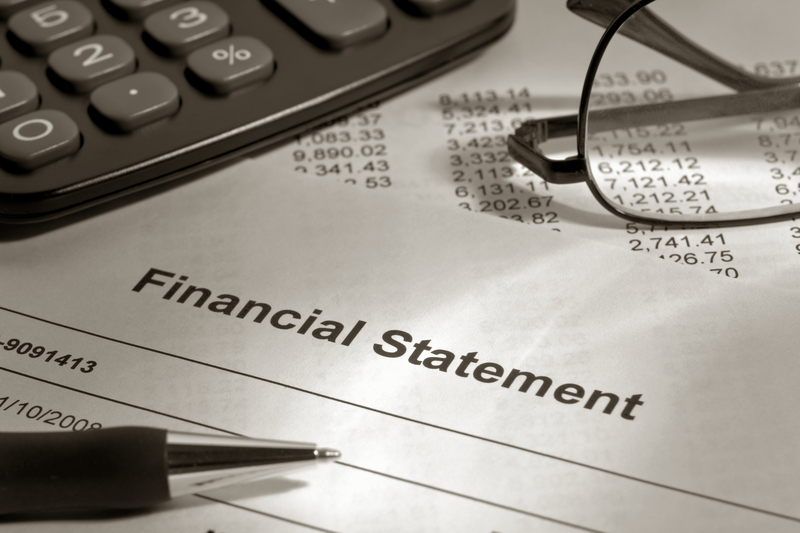Ready to retire and relax? Want to hand down your business to your family members? This requires planning. Small business succession planning is difficult as it’s complex. People are often resistant to change and there’s potential for conflict, but no one stays in the same position forever. Illness, retirement, death and/or turnover are inevitable. If a company fails to plan, knowledge may be lost and opportunities missed. Succession planning provides a business with a framework that ensures continuity when change occurs. It allows you to hand down the family business.
What is succession planning?
Succession planning is the process of identifying and developing future leaders/owners of your company. This strategy prepares your business for all contingencies by training high-quality people for advancement. It ensures that your business continues to run smoothly after key people retire, resign, move on to other opportunities or pass away. This process involves the coaching and development of designated successors.
Why develop a succession plan?
There are multiple benefits and reasons for succession planning for your business.
-
- Lower hiring costs
- Stronger internal hires
- Shorter vacancies for key positions
- Better career development
- Increased employee engagement
- Higher performance
- Increased talent retention
- Higher job satisfaction
- Disaster-proofs the business
- Identifies the most-qualified future leaders
- Creates a structure for training and development
- Maintains brand identity
- Creates opportunities for career advancement
- Helps a company plan for the long-term
- Eases financing of transitions
- Provides an emergency plan
- Reduces risk of loss
- Enables you to hand the company on to family members, in good working condition
How do you develop a succession plan?
There are three distinct phases of succession planning:
-
- First Phase – Identification: Establish who you are as a company and what you want. Then, consider all key roles in your organization determining the day-to-day import of each position and the impact that would occur if that position was suddenly vacant. Identify multiple candidates for each position (a short list) and teach them the values, guidelines and vision of the business.
- Phase Two – Selection: This is where a specific candidate is chosen for each role. The successor may be the person next in line in the organizational chart but may also be a promising employee from another position or a family member. Look for those who display the skills necessary to survive and thrive in the new post. Objectively consider your shortlist for performance, skills and emotional intelligence. Choose a candidate who is a lifelong learner and both self and socially aware.
- Phase Three – Training: This phase involves scheduled professional development for the chosen successor(s). This may include job rotation (for knowledge and experience), mentoring in soft skills (communication, interpersonal relations, empathy, diplomacy), position shadowing and/or taking over when the person presently in the role is on vacation.
- Phase Four – Transition: This involves the present position holder retiring/stepping down and the chosen successor formally taking the role.
Succession planning keeps a business moving forward, prepares a company for inevitable changes, assists in retaining strong performers, supports the continuity critical to a company’s future and allows you to hand down an optimally functioning company to family members. A succession plan is a good idea at the start-up, growth and maturity stages of a company. It’s worth the investment of time and effort.
Want to hand down your company to family members? Need help with succession planning for your business? Contact Cook and Company Accountants. Whether you operate a sole proprietorship or a sizable corporation with multiple subsidiaries, Cook and Company use their experience and expertise to help you. We assist you in making your business a success. Contact us for a complimentary consultation.









